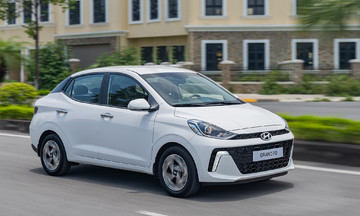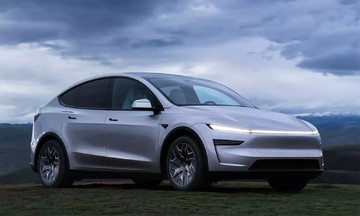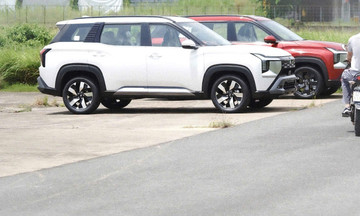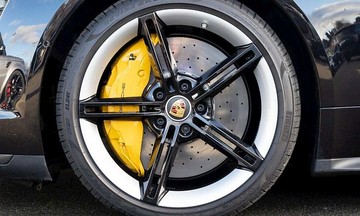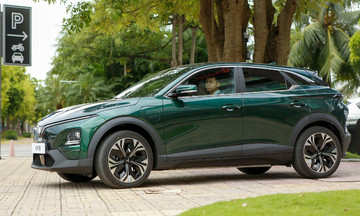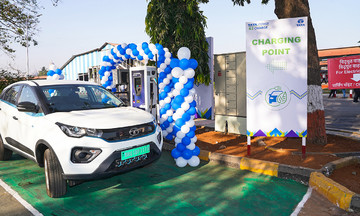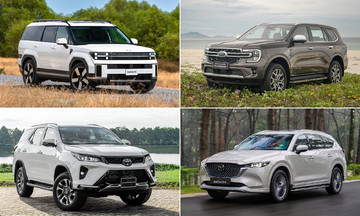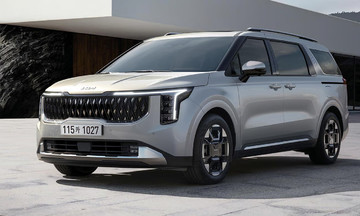Vietnam sold approximately 209,000 electric motorbikes in the first six months of 2025, a 99.2% increase compared to the same period in 2024, according to Motorcycles Data. China led global sales with over 3.2 million units, followed by India with more than 657,000.
Global electric motorbike sales reached approximately 4.4 million units in the first half of 2025, a slight 7.2% increase compared to the same period in 2024.
In Vietnam, only VinFast has publicly released sales figures. Other manufacturers like Honda, Yamaha, Dat Bike, Yadea, and Selex Motor have not disclosed their sales data.
Despite electric motorbike sales primarily coming from Vietnam, VinFast ranked among the top 10 global electric motorbike manufacturers. In 2024, VinFast led the domestic market with nearly 71,000 electric motorbikes sold, representing almost 3% of the gasoline-powered motorbike market (2.65 million units sold by the five members of the Vietnam Association of Motorcycle Manufacturers (VAMM)).
VinFast's global sales of electric motorbikes and e-bikes reached 44,904 units in the first quarter of 2025, a 473% increase compared to the same period in 2024. While the company hasn't released sales figures for the first half of 2025, sources suggest the number is around 100,000 units.
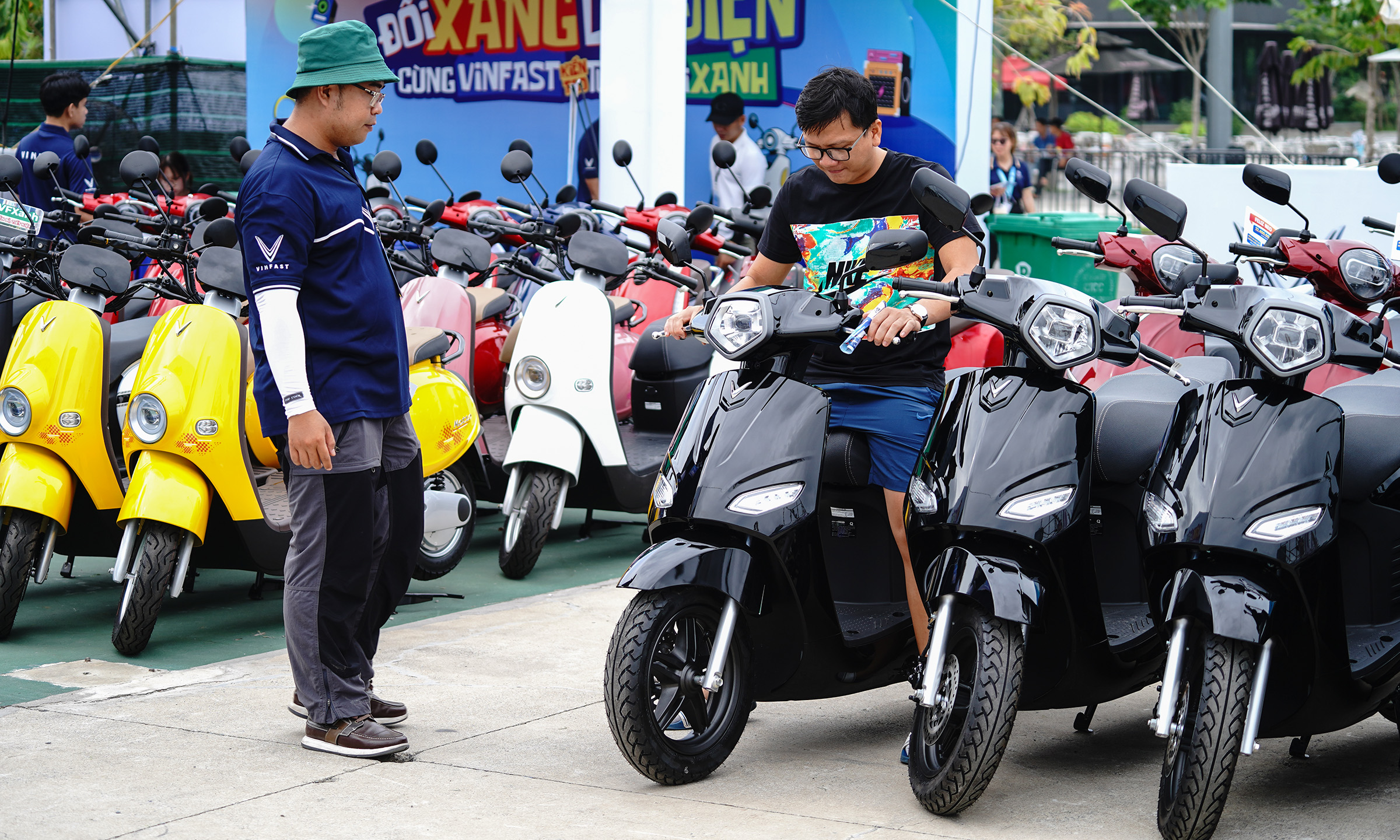 |
People browse electric motorbikes at an event in Ho Chi Minh City in July. Photo: Quoc Huy |
People browse electric motorbikes at an event in Ho Chi Minh City in July. Photo: Quoc Huy
Sales of both electric and traditional gasoline-powered motorbikes have increased in Vietnam. According to VAMM, which includes Honda, Yamaha, Piaggio, Suzuki, and SYM, Vietnamese consumers purchased a total of 1,284,291 motorbikes in the first half of 2025, a 6.4% increase from the 1,206,872 units sold in the same period of 2024. Although Honda and Yamaha each sell an electric motorbike model, their sales are negligible.
Electric motorbikes that don't require a license and have a motor output below 4 kW (L1), equivalent to gasoline-powered motorbikes with engines under 50 cc, saw the highest sales growth in Vietnam. Sales in this segment increased by 112% in the first half of 2025 compared to the same period in 2024.
These electric motorbikes are popular among students and homemakers due to their affordability. With the summer months coinciding with the back-to-school season, demand has further increased as parents purchase vehicles for their children.
Industry experts believe that regulations restricting gasoline-powered motorbikes and promoting electric ones in Hanoi, and potentially soon in Ho Chi Minh City, will boost the electric motorbike market in the coming years. A wide range of electric motorbike models are currently available, priced from a few million to over 50 million VND, from both domestic and international brands.
Following Government Directive No. 20, Hanoi will ban gasoline-powered motorbikes and mopeds within Ring Road 1 from 1/7/2026. From 1/1/2028, the restriction will extend to Ring Road 2, including a ban on motorbikes and restrictions on fossil fuel-powered cars. By 2030, the plan will further expand to Ring Road 3.
Ho Chi Minh City is also developing a plan to prioritize green energy vehicles. The city plans to establish a central zone restricting gasoline-powered motorbikes with emission standards below Euro 2 and cars below Euro 4 from 2026.
By 2027, motorbikes will require emissions testing and will be restricted from entering the pilot zone if they don't meet the standards. By the end of 2028, all motorbikes will be required to be electric, and from December 2029, gasoline-powered motorbikes will be prohibited from ride-hailing services. From 2030, the low-emission zone will apply to all personal vehicles in the city center.
These restrictions in Hanoi and Ho Chi Minh City, the two largest motorbike markets in the country, are significantly impacting the Vietnamese motorbike market. Companies specializing in electric motorbikes stand to benefit the most, while traditional manufacturers face the challenge of adapting their business strategies to the changing market.
Pham Trung



